Mountains Made of Clay
Series Guide
The apostle Paul and the Corinthian church had, what you could call, a fraught relationship. His love is apparent but so also is his exasperation. One moment the church is getting drunk at communion, the next they are questioning Paul’s apostleship, but then, all of a sudden, they are giving generously. The beauty of the Corinthian letters is that they offer us a picture into the mess that is the life of the church, a life that isn’t static but changing and constantly being challenged to confront the new realities of the world around it.
Most scholars believe Paul wrote four letters to the Corinthians; we have two of them. There are some major similarities between the two, both letters focus on the kind of “culture” developing within the Corinthian churches. The difference though, is one letter comes in midst of privilege and the other in suffering.
That is why these letters are so powerful for us today. We have entered a wilderness period marked by uncertainty, but Paul’s letters to the church give us clues on how to proceed. Our job, he says, is to see our moment through the lens of Jesus’ work.
New Testament scholar N.T Wright describes this saying,
“Paul’s theme throughout this letter is the strange royal comfort that comes through the suffering and death, and the new resurrection-life of Israel’s Messiah, Jesus, the Lord of the world. This is the letter above all where he explores the meaning of the cross in terms of personal suffering – his own, and that of all the Messiah’s people.”
Paul helps us understand our life through the lens of the cross and resurrection, without losing one side of the story. As we see through the lens of the cross and resurrection, we gain a new way of engaging the world around us. We learn to live into the strange paradox of the gospel: power in weakness, triumph in tragedy, strength in vulnerability.
As Paul says in 2 Cor 4:10-12,
“We always carry around in our body the death of Jesus, so that the life of Jesus may also be revealed in our body. For we who are alive are always being given over to death for Jesus’ sake, so that his life may also be revealed in our mortal body. So then, death is at work in us, but life is at work in you.”
Like we heard on Easter Sunday, we are invited into the resurrection, but Jesus’ resurrection doesn’t simply cover the hard or hide our scars. Instead, the resurrection of Jesus redeems the hard. In Jesus’ scars we find comfort and through the redemption of our scars, we are able to offer comfort.

